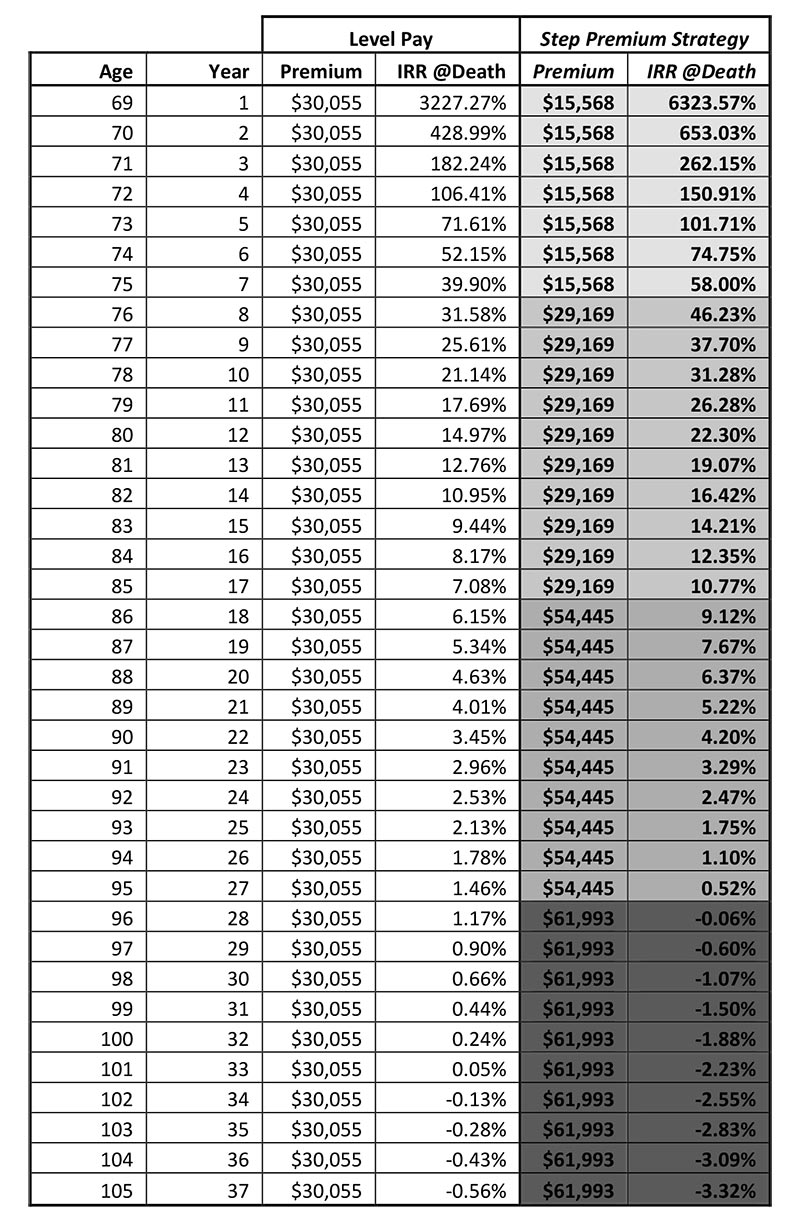If you elected earlier this year to contribute the maximum to your HSA family plan, you need to contact your HR department to reduce your annual contribution, because the IRS recently lowered the contribution limit for family-coverage health savings accounts (HSAs) from $6,900 to $6,850 — a $50 reduction.
True, $50 isn’t much, but if you exceed the limit even by that amount, you could incur a penalty from the IRS.
The change doesn’t impact those with individual coverage, where the contribution limit remains at $3,450.


 RSS Feed
RSS Feed
